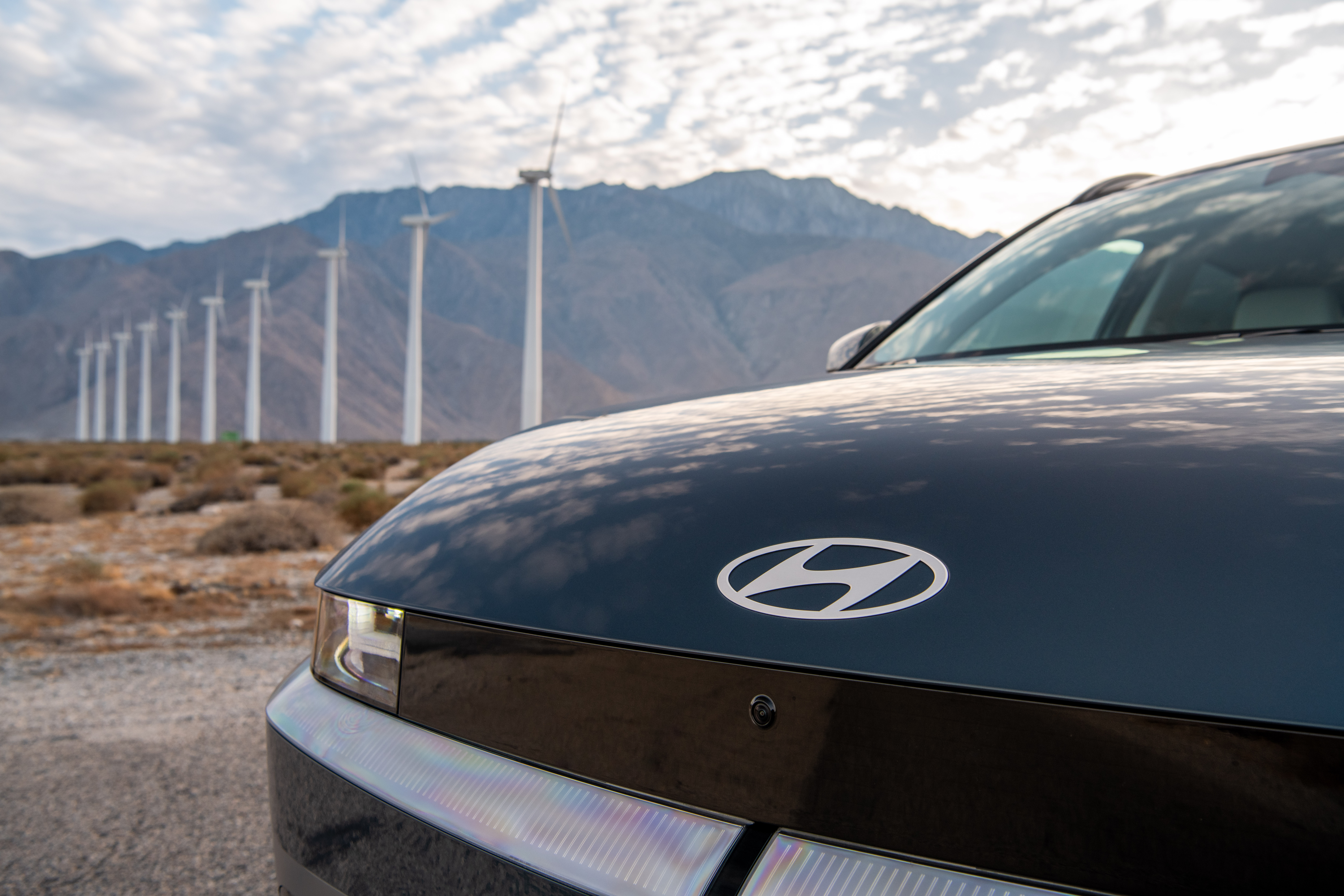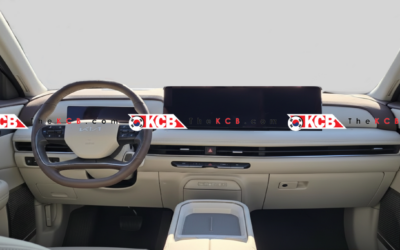In a bold move to support American consumers, Hyundai Motor Company has announced that it will freeze vehicle prices across its U.S. lineup despite the recent implementation of a 25% tariff on imported cars by the Trump administration.
On April 4, Hyundai Motor America confirmed that the Manufacturer’s Suggested Retail Price (MSRP) for all current model vehicles will remain unchanged through June 2, offering a two-month buffer to customers during a period of economic uncertainty.
“We know consumers are uncertain about the potential for price increases, and we want to provide them with some stability in the coming months,” said Jose Muñoz, CEO of Hyundai Motor America. “Freezing the MSRP is part of our multi-pronged effort to provide American consumers with great vehicles.”
Hyundai Shields U.S. Consumers from Tariff Price Hike
The 25% import tariff, which took effect on April 3, was expected to trigger immediate price increases across the auto industry. Industry analysts, including JP Morgan, had forecasted potential price hikes of up to 11% if manufacturers passed the increased costs on to consumers.
However, Hyundai’s price freeze signals a consumer-first approach, prioritizing buyer affordability and brand loyalty over short-term profit margins.
The MSRP, or Manufacturer’s Suggested Retail Price, is the price level set by automakers as a guideline for retailers. By holding the line on pricing, Hyundai aims to maintain market competitiveness while shielding its customers from tariff-driven inflation.
Industry-Wide Reactions to the 25% Auto Tariff
Hyundai is not the only automaker taking steps to mitigate the tariff’s impact. Other global car brands have responded with varied strategies:
- Toyota has also pledged to freeze U.S. vehicle prices, leveraging domestic inventory and cost-cutting efforts to absorb the tariff.
- BMW plans to pay the 25% tariff on vehicles produced in Mexico until at least May 1, opting not to pass the cost directly to consumers.
- Nissan is considering relocating production of its Rogue SUV to the U.S. to avoid long-term tariff costs.
- In contrast, Ferrari has increased the prices of certain models by as much as 10%, citing the need to offset rising production expenses.
What This Means for U.S. Car Buyers
For American consumers considering a new vehicle purchase or lease, Hyundai’s commitment to stable pricing provides a timely opportunity. With no MSRP increases through June 2, buyers can enjoy price certainty in an otherwise volatile market.
Hyundai’s move also reinforces its positioning as a consumer-centric automaker, demonstrating agility and empathy in response to global economic shifts.





